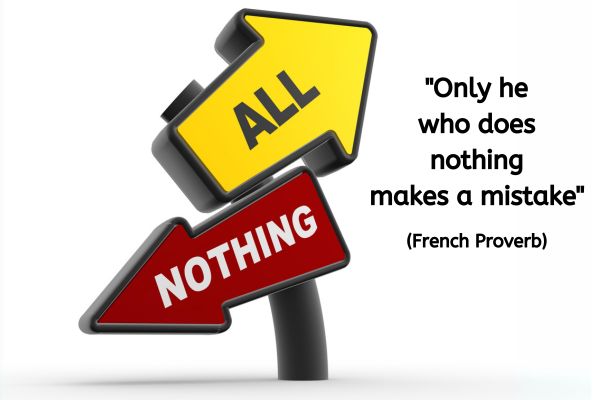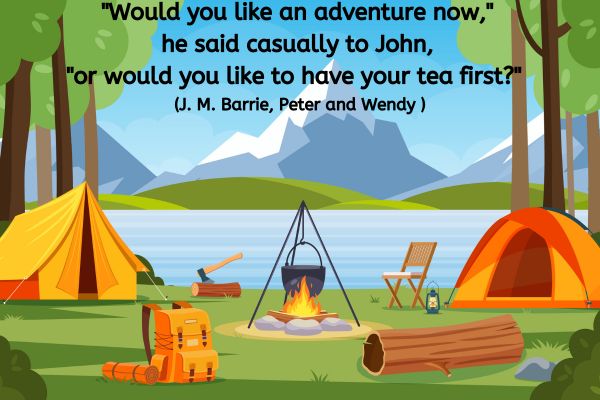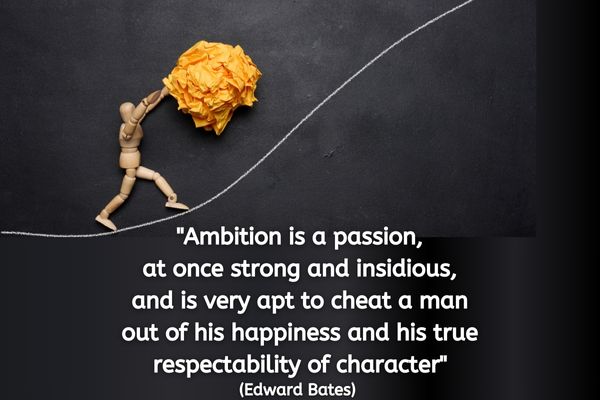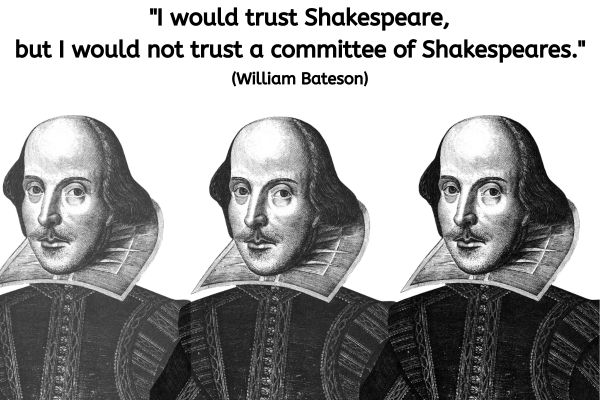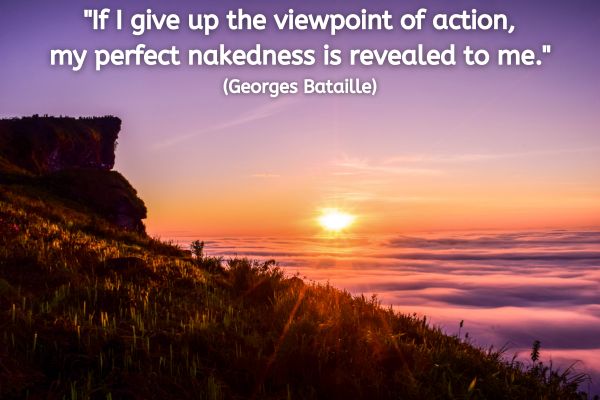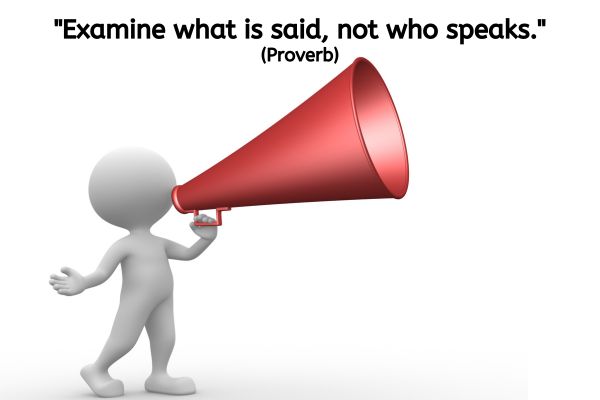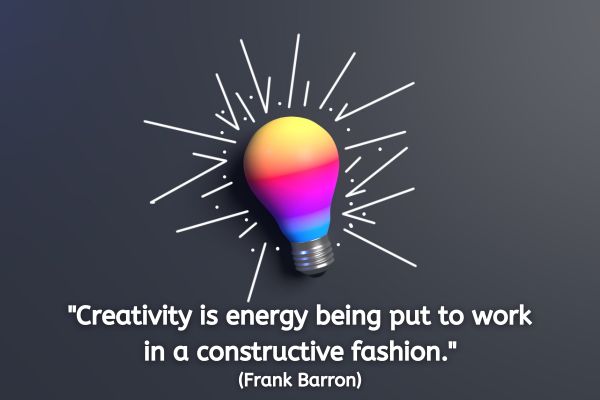The quote of the Day is:
“‘Would you like an adventure now,’ he said casually to John, ‘or would you like to have your tea first?'” (J. M. Barrie, Peter and Wendy)
J.M. Barrie, the Scottish author and playwright, is best known for creating Peter Pan, the boy who refused to grow up. His novel Peter and Wendy (1911), a follow-up to the play that introduced Peter Pan, immortalized the boy who wouldn’t grow up for readers everywhere. The story is filled with adventure, youthful wonder, and the tension between staying forever young or embracing the journey of growing up.
If you were given that choice—an adventure now, or tea first—what would your gut response be?
Barrie’s whimsical quote invites us to think about adventure as a choice—one that’s often right in front of us, waiting to be made. But how often do we, like John, hesitate, preferring the comfort of the known over the allure of the unknown? Whether it’s the fear of failure, doubt in our abilities, or simply the cosiness of routine, we often delay the adventures life offers. Yet, when we pause to consider, we might ask ourselves: What are we waiting for?
What Is an Adventure to You?
Adventure means something different for everyone. For one person, it’s travelling to distant lands; for another, it might be starting a business or even learning a new hobby. Depending upon your situation, it may be what to other seems so ordinary, like a trip out to the shops. It doesn’t have to be grand gestures—it can be found in the small, everyday decisions that push us out of our own personal comfort zones.
Does stepping into the unknown require courage and thoughtfulness? Sometimes, absolutely. Adventure isn’t always about leaping without looking; it’s about intentional exploration, knowing there are risks but stepping forward anyway. Does it have to feel that way? I think, how we feel in any given moment is down to what our thinking is doing, so no, I don’t think we have to feel that. At any moment we can let go of any specific thinking and new thought will flow, bringing its own feelings. So, when faced with a new opportunity, ask yourself: What would it look like to embrace this adventure, however big or small?
Perhaps the better question is: Is it possible that adventure is less about where you go and more about who you become through the process?
The Power of Thought: How We Shape Our Adventures
Our perceived world is shaped by how we think. The idea of an adventure—whether it’s a grand expedition or simply a shift in routine—demonstrates how we use our thoughts to interpret and create experiences. A mundane task can become an adventure if, for example, we approach it with curiosity and openness.
As coaches, part of our role is to help individuals notice their thinking and explore insights. Often, resistance to adventure isn’t about the situation itself, but how it’s being framed. For example, are they focused on the risks or the possibilities? Do they trust the unknown, so there is more excitement and less fear, or do they feel it can only be safe if their intellect has figured everything out in advance with absolute certainty?
Balancing Adventure with Regular Life
Barrie’s quote subtly reminds us that adventure doesn’t mean abandoning our regular lives. After all, Peter offers John a choice: adventure or tea? Perhaps both? You don’t have to choose between bold steps and daily routines—there can be a balance to be found. You can embark on new journeys while still making time for the familiar comforts of life.
Sometimes, the greatest adventures are the ones that seamlessly integrate with the rhythm of everyday life. A small change in your routine, a new project, or even a shift in perspective can bring a sense of adventure into what might seem mundane.
Taking Bold Steps and Reflection
How do you know when it’s time to take bold steps and when it’s time to pause and reflect? Adventures often require action, but they can also call for moments of reflection. Boldness without introspection can lead to reckless leaps; reflection without action can leave us stuck in place. There’s wisdom in knowing when to move forward and when to pause.
Perhaps the key lies in being attuned to your internal signals. As a coach, you can help clients explore this balance. What feels like a bold step today? What’s the next small, adventurous action they can take, and how can they reflect on their progress along the way?
Encouraging reflection while in the midst of adventure allows for course corrections, learning, and growth in real-time. It can make it easier to notice and hear our own inner wisdom when we take a moment to listen and check what we already know to do, or not do.
In closing, Barrie’s question is both playful and profound: Would you like an adventure now, or would you like to have your tea first? It reminds us that adventure is always available if we choose to embrace it. Sometimes it’s about stepping boldly into the unknown; other times, it’s simply about shifting our mindset. Either way, adventure and tea can coexist—and perhaps, the best adventures are those that make space for both.
About Jen Waller
Jen Waller is a transformative coach dedicated to empowering individuals to get out of their own way and make a meaningful impact in the world. With an impactful, nurturing coaching style, Jen supports clients in unlocking their potential and achieving their goals. As an experienced coach and trainer, she guides clients from self-doubt to success.
Discover how Jen can support you own your own adventures here.
